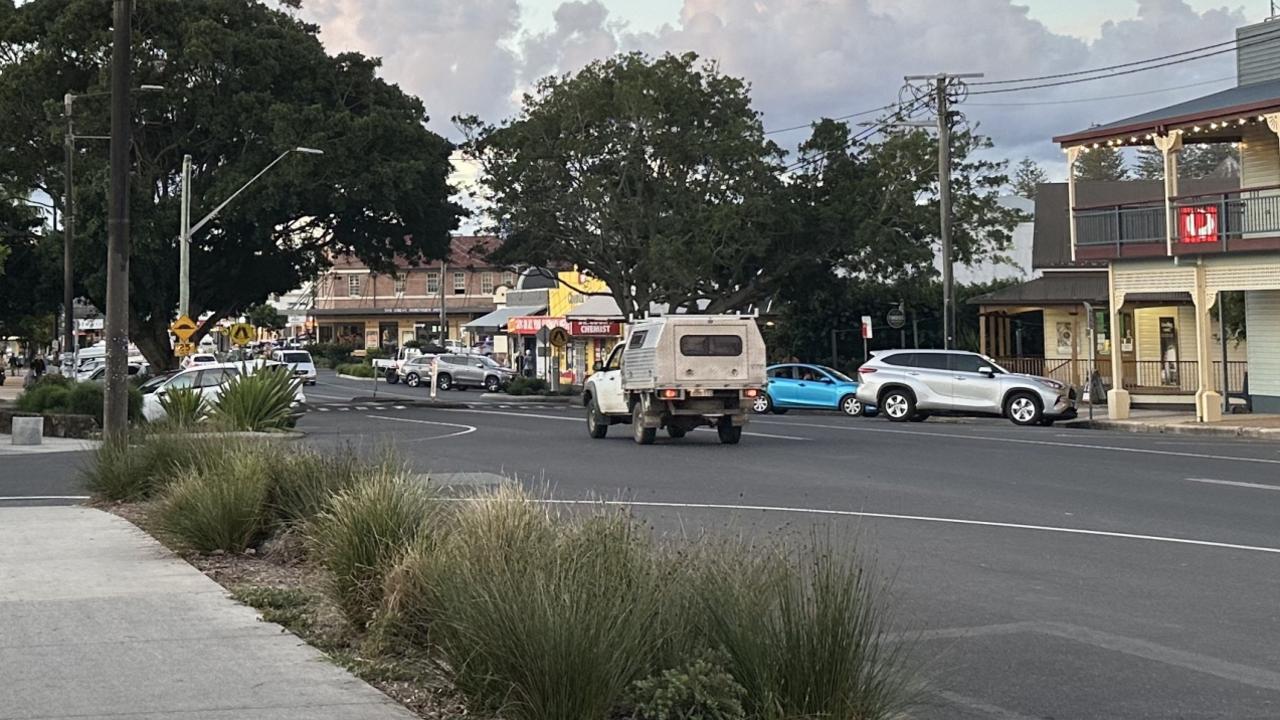Lynette Daley death: Adrian Attwater, Paul Maris appeal sentence
Two men jailed over the death of a woman raped on a camping trip have made a bid to appeal their sentences. They allege that graphic evidence of the victim’s body triggered an ‘emotive’ response which risked the jury being influenced by ‘doubtful facts’.
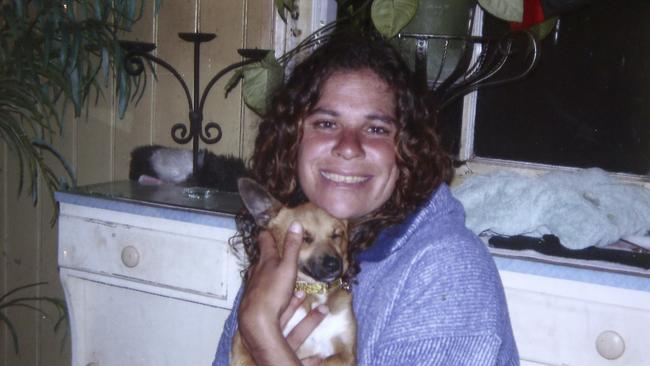
Police & Courts
Don't miss out on the headlines from Police & Courts. Followed categories will be added to My News.
Two men who were found guilty of raping a woman so brutally she later bled to death have made a bid in the Supreme Court to appeal their sentences.
Adrian Attwater and Paul Maris were convicted over the death of Lynette Daley in 2017 after their fateful Australia Day camping trip in the state’s north coast in 2011.
The 33-year-old woman bled to death after she was sexually assaulted while camping with the two men on Ten Mile Beach, near Iluka.
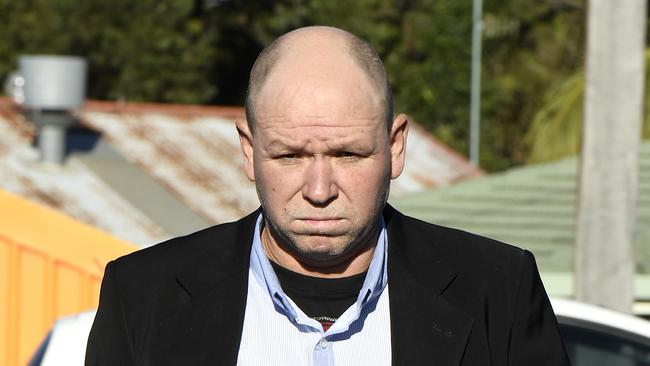
Attwater received a 19-year jail term after he was found guilty of manslaughter and aggravated sexual assault.
His co-accused Maris was handed a nine-year sentence after he was found guilty of aggravated sexual assault and hindering the discovery of evidence.
Yet three years after they were found guilty by a jury, Maris and Attwater are now seeking to appeal their sentences at the Court of Criminal Appeal.
In court, Attwater’s defence barrister Janet Manuell SC said graphic evidence including images of Ms Daley’s body shown to the jury when the crown submitted she was brutally sexually assaulted would have triggered an “emotive” response and could have risked the jury being influenced by “doubtful facts.”

She further submitted that the Crown’s case that Ms Daley would have been in “excruciating” pain from vulval lacerations was challenged, saying one doctor’s evidence was that the pain would have been more like a “cut on a finger.”
“There would have been initial pain and then it settled down,” she told the court.
Ms Manuell further claimed it was possible Ms Daley had a “high pain threshold” and that the alcohol she consumed numbed any pain seeing as she was “intoxicated” at her time of death.
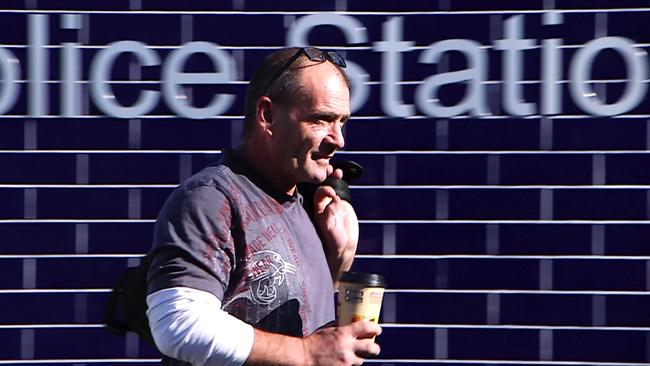
The 33-year-old had a blood alcohol concentration of 0.303, the court heard.
In her grounds of appeal, Ms Manuell claimed the trial judge “misdirected” the jury about Attwater’s alleged lies.
She told the court the crown relied on Attwater’s “consciousness of guilt” from the moment of sexual intercourse to her death.
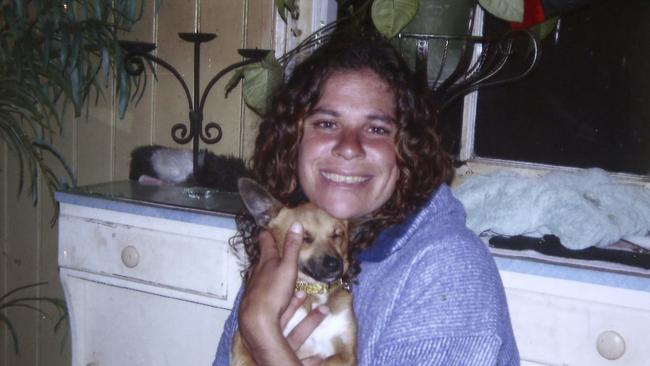
She quoted the crown prosecutor who said that Attwater’s story was “preposterous” and that he “concealed the fact he did nothing to preserve her life” when he knew she was seriously injured.
Ms Manuell claimed the crown relied on Attwater’s alleged “series of deliberate lies” which was put to the jury to find his criminality and that it was a “miscarriage of justice.”
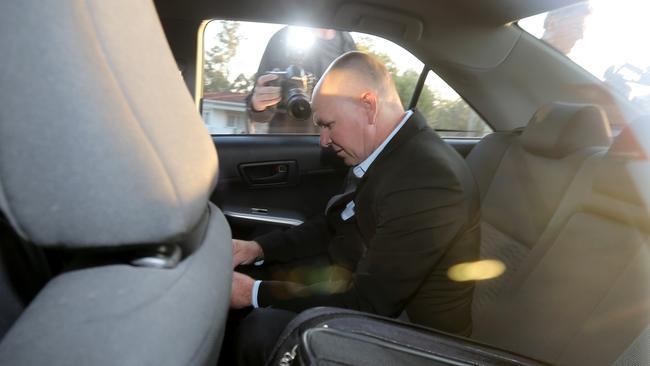
His defence said some of the “damage” could have been undone if the judge had brought in the jury to give them direction not to consider the consciousness of guilt. “This was not done,” she said.
Yet chief justice Tom Bathurst pointed to the fact that the jury were given written direction.
The court also heard from Manis’s defence counsel John Stratton SC who claimed there was a “heavy emphasis” of Manis’s alleged lies made by the crown which were treated as his “consciousness of guilt.”
Mr Stratton said the alleged lies included Manis telling police Ms Daley was “moaning” as if she was “enjoying” the sexual activity and that he burnt a bloodstained mattress because it stunk.
The court heard Manis told first responders that the trio had “wild sex”.
In Manis’s account of the night he said Ms Daley had moved into a position to perform oral sex on him.
Mr Stratton further submitted that her moving into position suggested she was conscious and that consent was given.
The hearing which is expected to go for three days will continue tomorrow.


